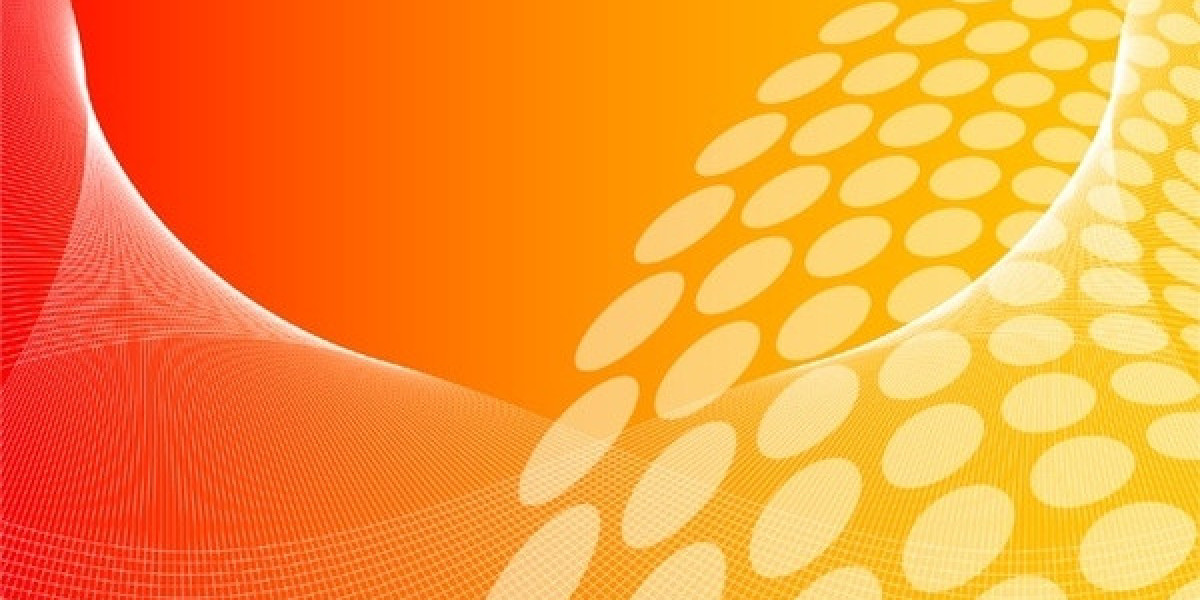The Imperative of Purity in Pharmaceuticals
The pharmaceutical industry operates under exceptionally stringent regulatory guidelines, where the purity and sterility of drug products are non-negotiable. Contamination, whether from particulates, microorganisms, or endotoxins, can compromise drug efficacy and, more critically, pose severe health risks to patients. This unwavering demand for product safety and quality makes filtration a cornerstone of pharmaceutical manufacturing. Membrane filtration, a highly effective separation technology, plays a pivotal role in achieving the required levels of purity and sterility. It enables the precise removal of undesirable substances from liquids and gases, ensuring that active pharmaceutical ingredients (APIs), vaccines, biologics, and other drug formulations meet the highest standards.
Understanding Pharmaceutical Membrane Filtration
Membrane filtration involves passing a fluid through a semi-permeable membrane with specific pore sizes. This process physically separates particles based on their size, allowing smaller molecules to pass through while retaining larger contaminants. Different types of membranes are used depending on the desired level of filtration. Microfiltration (MF) is commonly employed for clarifying liquids and removing bacteria, while ultrafiltration (UF) is used for separating larger molecules like proteins and viruses. Nanofiltration (NF) targets even smaller particles and multivalent ions, and reverse osmosis (RO) is used for demineralization and highly purified water production. These varied membrane types and their application in different stages of the pharmaceutical manufacturing process underscore the versatility and critical importance of membrane filtration in ensuring product integrity.
Driving Forces Behind Market Expansion
The pharmaceutical membrane filtration market is experiencing robust growth, primarily driven by the escalating demand for biologics, vaccines, and advanced therapies. The production of these complex molecules necessitates highly efficient and precise separation techniques. Furthermore, the increasing stringency of regulatory requirements worldwide, pushing for higher purity standards, compels pharmaceutical companies to adopt advanced filtration solutions. The expansion of research and development activities in the pharmaceutical and biotechnology sectors, particularly in drug discovery and process optimization, also fuels the demand for innovative filtration technologies. Additionally, the growing adoption of single-use technologies (SUTs) in biopharmaceutical manufacturing is a significant trend, as disposable membranes reduce cleaning validation efforts and minimize the risk of cross-contamination, contributing to overall market growth.
Diverse Applications Across Pharmaceutical Operations
Membrane filtration finds extensive application across various stages of pharmaceutical and biopharmaceutical manufacturing. In upstream processing, it is used for sterilizing cell culture media, filtering fermentation broths, and clarifying raw materials. In downstream processing, crucial steps like protein purification, virus removal, and active pharmaceutical ingredient concentration heavily rely on membrane technologies. Sterile filtration, a critical application, ensures the absence of microorganisms in final drug products and sterile water for injection. Water purification systems, often utilizing reverse osmosis and ultrafiltration, are essential for producing the ultrapure water required throughout pharmaceutical facilities. The versatility of membrane filtration extends to air and gas filtration, ensuring a contamination-free manufacturing environment. This wide range of applications highlights its indispensable nature in modern pharmaceutical production.
Future Outlook and Emerging Trends
The future of the pharmaceutical membrane filtration market appears promising, characterized by continuous innovation and increasing demand. Key trends include the development of more advanced membrane materials with improved selectivity and fouling resistance, leading to enhanced efficiency and longer membrane lifespan. The integration of automation and smart technologies into filtration systems will further optimize processes and reduce manual intervention. The growth of personalized medicine and small-batch manufacturing is expected to boost the demand for flexible and scalable filtration solutions, including single-use systems. While challenges such as membrane fouling and the initial capital investment for advanced systems exist, the overarching need for product safety, regulatory compliance, and process efficiency will continue to drive investments in this critical technology, solidifying its role in the evolution of pharmaceutical manufacturing.
Explore our latest reports
? Stay ahead in the healthcare industry. Browse our latest insights now!
About Market Research Future (MRFR)
Market Research Future (MRFR) is a global market research firm that provides comprehensive insights into market trends, drivers, challenges, and opportunities. We offer a broad range of market intelligence reports and consulting services to help businesses and enterprises in various industries make informed decisions
Media Contact:
Market Research Future (MRFR)
Phone: +1-646-845-9312
Email: contact@marketresearchfuture.com
Website: marketresearchfuture








